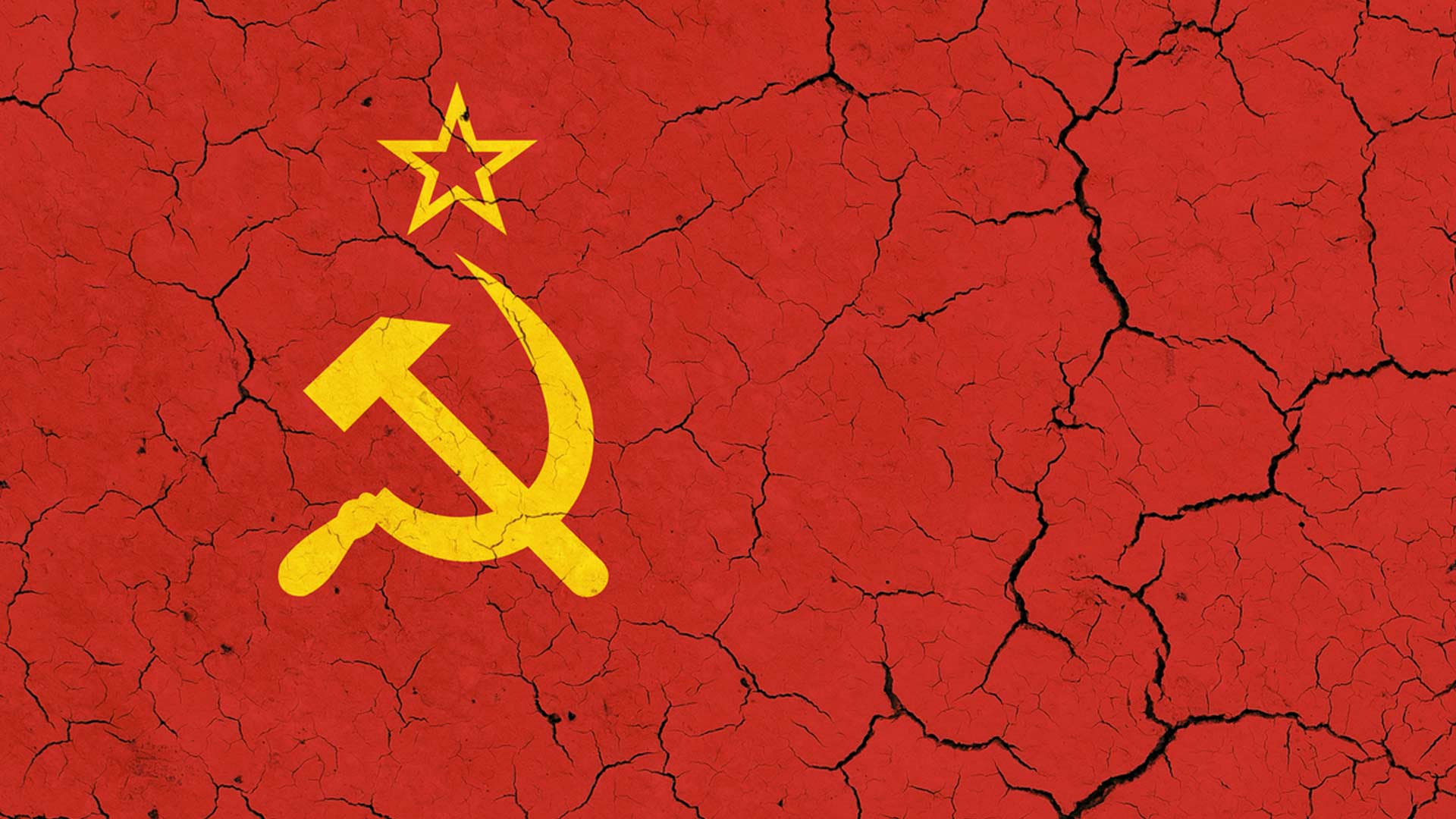
The post-war history of Soviet–American relations, seen from an American perspective, can be summarized as a series of Cold War cycles. The first cycle (1945–55) might be called the Truman–Stalin duel. This period coincided with the division of Germany and Europe, the Marshall Plan, the creation of NATO, the Warsaw Treaty, and the Korean War.
The second cycle (1956–73) featured Khrushchev’s nuclear threat, the expansion of socialist ideology into developing countries, the development of Soviet space technology as demonstrated by Sputnik, and the Soviet–Egyptian arms deal.
The third cycle (1974–86) began with the self-destruction of an American president, Richard Nixon, via Watergate, and the Soviet invasion of Afghanistan in 1979. The United States then imposed a trade embargo and otherwise tried to isolate the USSR.
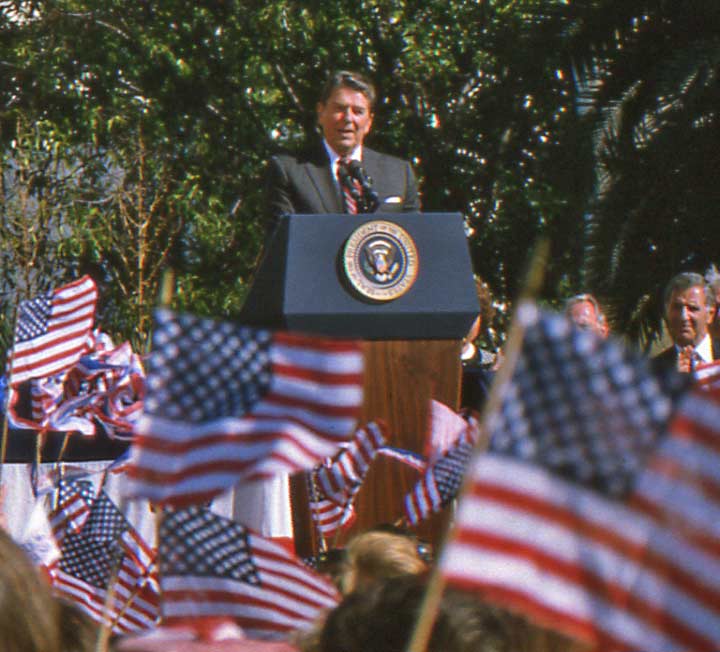
In the early 1980s, President Ronald Reagan and his administration challenged the Soviet government by enlarging the U.S. nuclear and conventional military arsenal. Attempts by the Soviets to compete with the military production of the United States eventually devastated the Soviet economy and severely impacted its physical environment and natural resources.
From 1946 to 1985, travels to Alaska were officially closed for the Soviet citizens and likewise Siberia for American citizens, with exception of selective scientists visiting both places under auspices of the International Research Exchange Board (IREX).
During the Cold War, people of the Soviet Union had little except their secret faith in God and hope for a better life. Economic, political, military and ideological tensions between the Soviet Union and United States during the Cold War affected Soviet people across all socio-economic spheres: shortages of goods and food products, government controlled economy, rigid censorship of social media, science, literature, entertainment and fine arts, inability to travel abroad by a majority of Soviet citizens, the Communist Party control of the election process, persistent Marxist-Leninist propaganda at all social and educational levels, unprecedented government corruption in all spheres of life, and only one political party — the Communist Party, with its presiding Politburo, in charge of the entire country and its citizens.
And these are only few of many features of the Socialist socio-economic system, with underlining Marxist-Leninist ideology, established to guard the Soviet Socialist regime from a free world — similar to today’s North Korean dictatorship.
Ellington’s visit was a taste of America for the Soviet people.
A warming period during the Cold War between the Soviet Union and United States began with the Duke Ellington orchestra’s 1971 visit to the Soviet Union, as the most important and publicized tour sponsored by the U.S. State Department. Ellington’s tour of the Soviet Union occurred during the efforts of President Richard Nixon and National Security Adviser Henry Kissinger to establish détente at the height of the Cold War.
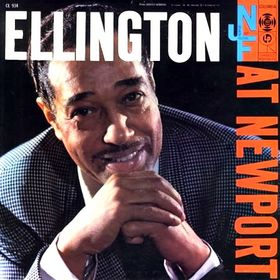
Ellington found not just acceptance by the Soviet people, but also a reluctance of the Soviet government to censor American jazz. Although Ellington was an apolitical musician, he wanted his performances to embody the differences between what he viewed as the freedom and democracy in America and the isolation and lack of freedom and democracy in the Soviet Union. Ellington’s visit was a taste of America for the Soviet people.
Ellington’s orchestra performed in the major cities in the Soviet Union, including Kiev, the capitol of Ukraine. As a freshman student of the history faculty of the Kiev Pedagogical Institute and driven by academic interest in American culture, I attended his concert that was held at the Sport Arena. The capacity was about 10,000 seats. Nevertheless, to my surprise, only half of the arena was occupied during the concert. Rather than obvious enthusiasm and excitement among attendees, there was only an atmosphere of uncertainty and intellectual curiosity.
Soviet indoctrination in Socialist Realism inherently dictated my understanding and preferences in music, literature and other fine arts.
Finally, after a short introduction, the concert began, with some unfamiliar and incoherent musical sounds to my ears. And, indeed, I have been well-versed in classical music. To me, Ellington’s orchestra sounded like a rehearsal by obscure musicians. The American jazz did not appeal to me at all.
At some point in the concert, a black voluptuous woman appeared on the stage — a vocalist named Ella Fitzgerald. She accompanied Duke Ellington during his tour of the Soviet Union. I could not connect with her performance either. Soviet indoctrination (or a Marxist-Leninist brainwashing) in Socialist Realism inherently dictated my understanding and preferences in music, literature and other forms of fine art.
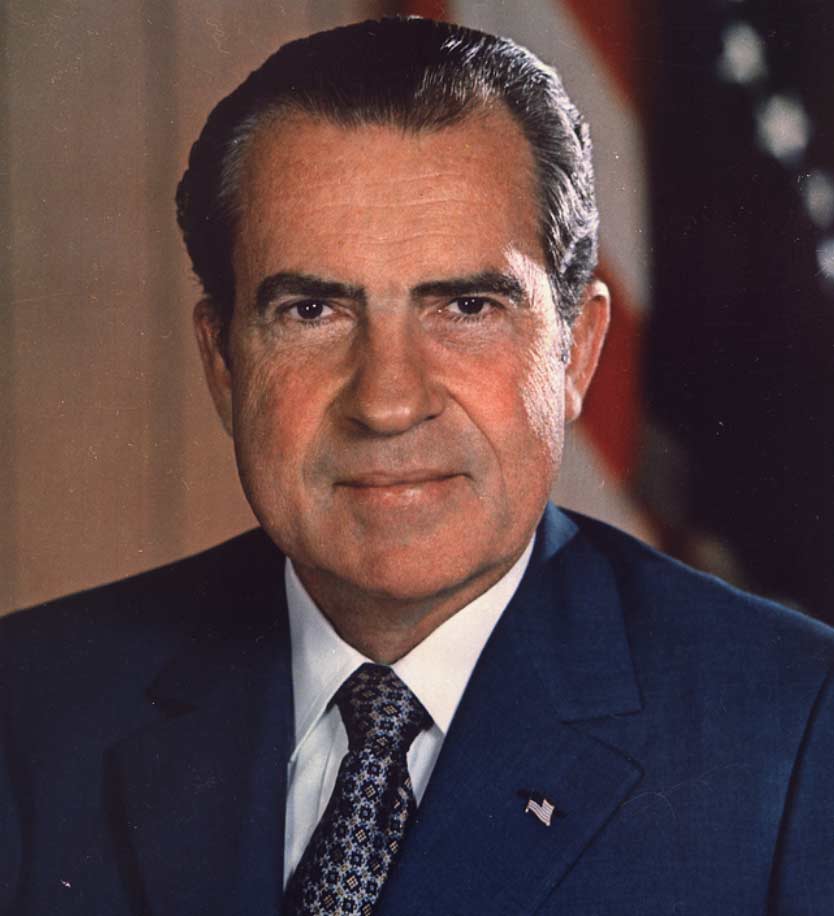
Certainly, it was not an imperfection of the performers during the concert that caused my dislike, but my lack of knowledge, familiarity and, subsequently, appreciation for this type of music — American jazz. After the intermission, I left the concert early, thinking to myself, “What a waste of time and money.” Many of my classmates who attended Ellington’s concert shared a similar view.
On May 22, 1972, Richard Nixon became the first U.S. president to visit Moscow to begin a summit meeting with the Soviet Chairman of Politburo Leonid Brezhnev and other Soviet officials. On May 26, Nixon and Brezhnev signed two landmark nuclear arms control agreements. The Strategic Arms Limitation Treaty (SALT) was the most significant of the agreements during the summit.
Like Duke Ellington, Nixon visited several major cities in the Soviet Union during his trip, including my hometown—Kiev, Ukraine. I don’t recall the purpose of Nixon’s visit to my town, but I do recall that all streets were blocked and secured in places where his escort was to pass from one point of the city to another. Numerous secret service agents guarded these streets, as well as windows of the apartments facing those streets.
ALASKA WATCHMAN DIRECT TO YOUR INBOX
Soviet citizens sincerely believed that, after Nixon’s visit to the Soviet Union, their life would improve with plentiful and high-quality goods and services made available to them through the introduction of a free-market economic system. This wishful dream became a reality some 20 later—in the 1990s, after a dissolution of the Soviet Union and a collapse of the Socialist regimes in East European countries, including the Soviet Union.
In spite of all of the mutual animosity of the Cold War, the United States and the Soviet Union never engaged in direct military action, fighting, at worst, by proxy. In fact, both American and Soviet leaders did a fairly good job of preventing a “hot war” between these two great nations, thereby preserving mankind for subsequent global challenges.
The views expressed here are those of the author.
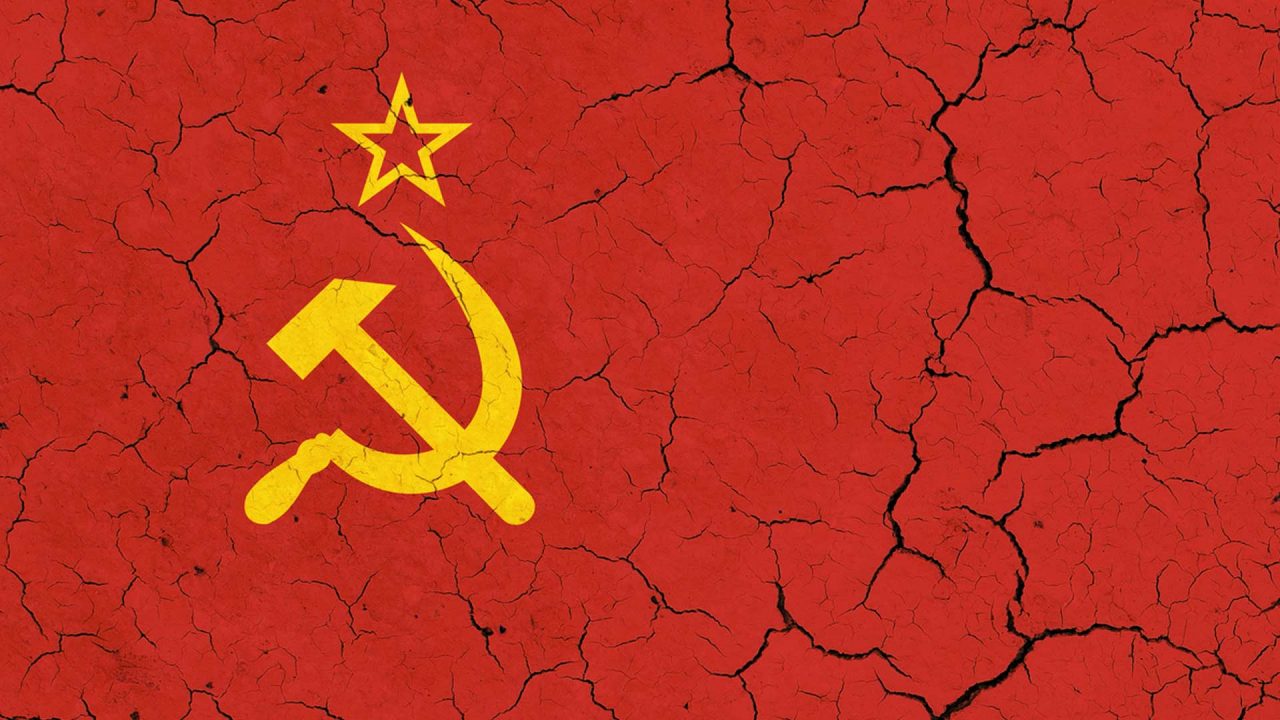

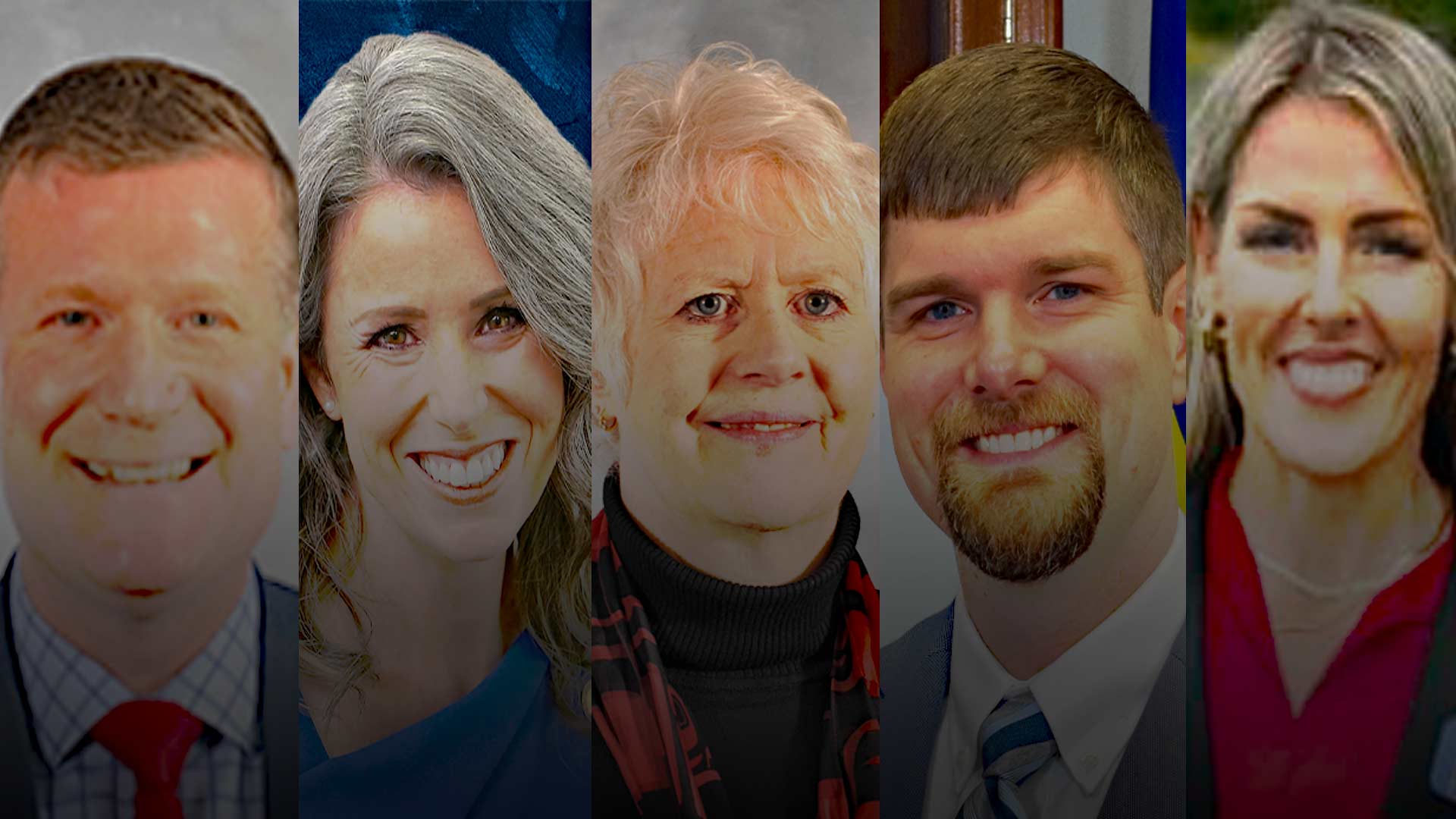
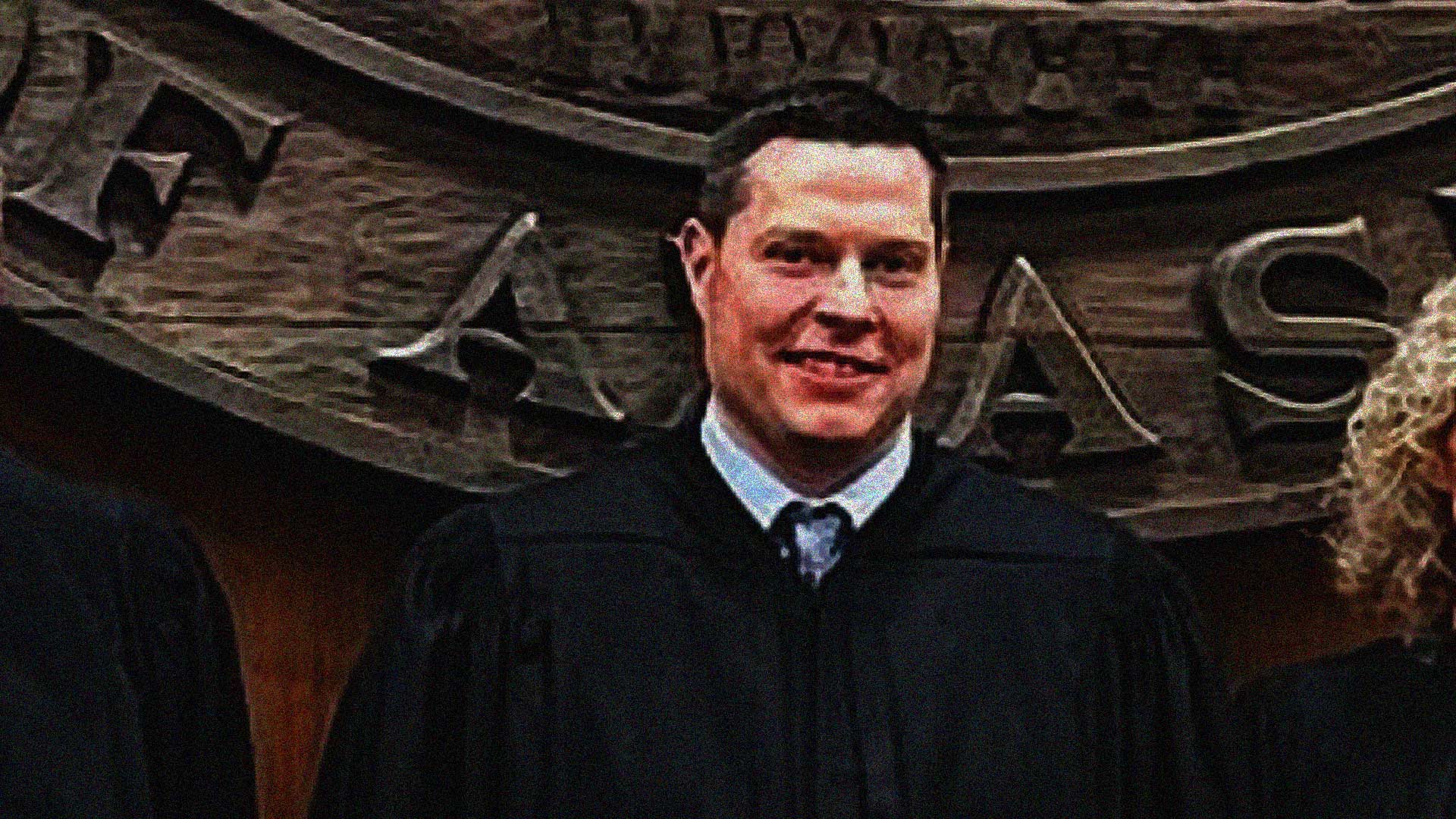
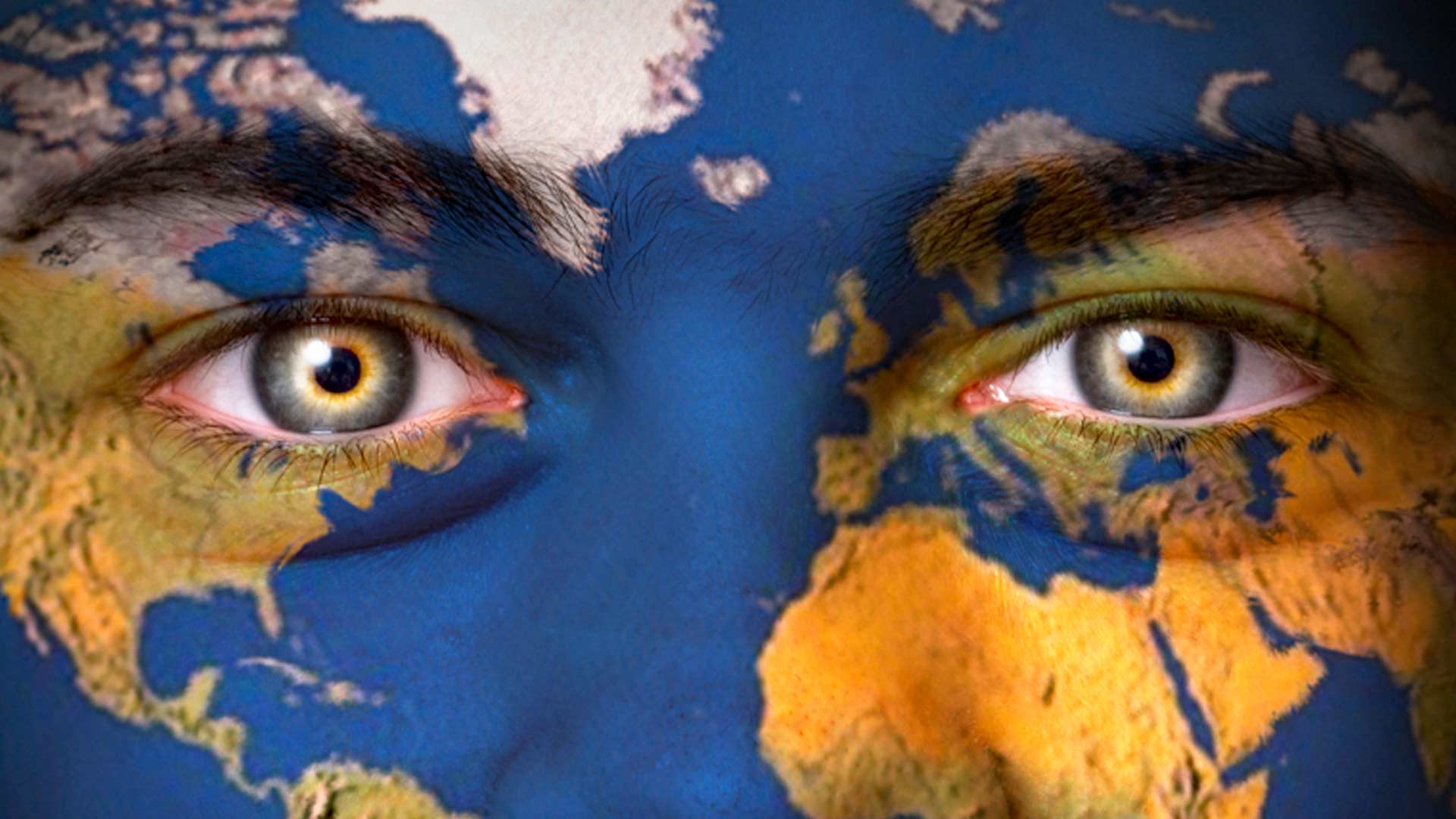



5 Comments
American peoples under 90 don’t know anything except Freedom. When we always had a good thing, you take good thing for granted and fail seeing the signs it slipping away. You know! There are history books and stories about communism doesnt work that you’d think Americans will learn from someone else’s personal experience. I’d think at the time communism entered those countries it was a new political governance idea that people didnt know much about it, but they learned! Hahaha
You know! Parents have been struggling to turn-around prodigal children around, only frustrating the parents when they don’t turn-around until they just let them go to either self destruct and die by their own foolish choices or they learn by their own consequence their choices doesnt work. If you are godly parent then you are lucky than the one who chooses not to believe Christ. Cause what you can’t influence, you can get alone into your own room and silently pray like a prayer warrior for what/who is out of your control.
DEAR JEN,
I AGREE WITH YOU I AM 94 YRS. OLD. THE “NOW AMERICA”, PEOPLE WAKE UP!
BEFORE IT’S TOO LATE AND WE LOOSE ALL OUR FREEDOMS TO MARXISM/COMMUNISM!!!!!!!
Benny Goodman did the same thing, I believe it was in 1962. He was well received in the USSR. There was even a TV special in the US on his tour. Both Ellington & Goodman proved that you could begin the end of racial divisions through art — in their genre it was the performing arts. Goodman integrated his band in the late 30s. Look at the audiences in the photos: both blacks and whites were enjoying the music in the same room. And Ellington once said, (to paraphrase) “I refused to allow the limitations that were imposed upon me to make me bitter. We overcame it with the mutual joy of our music.”
Alexander, Ever hear of the Cuban missle crisis ? And I’m sure you know that Russia had a direct involvement in supporting our enemy during the Korean and VietNam wars.
I know.